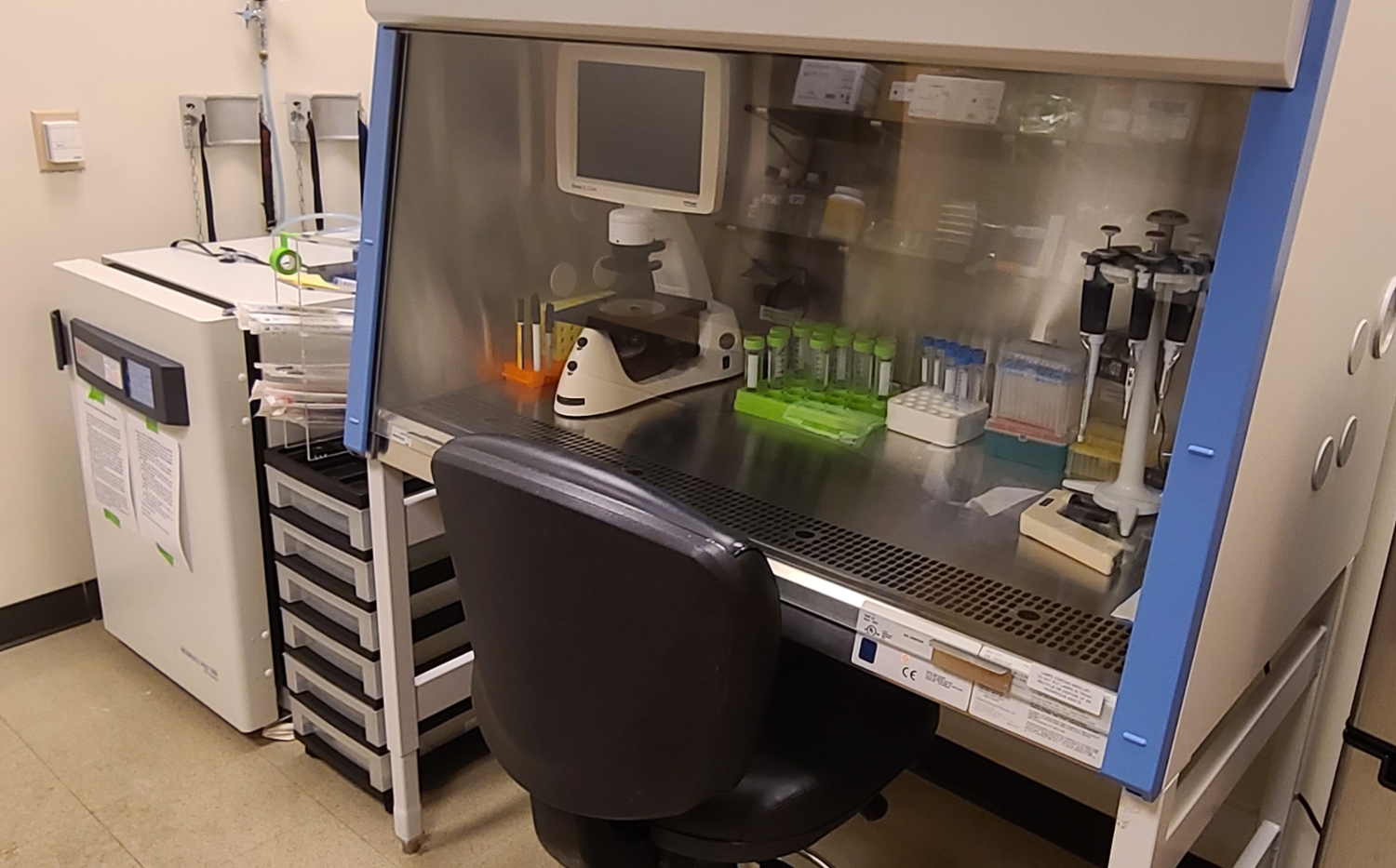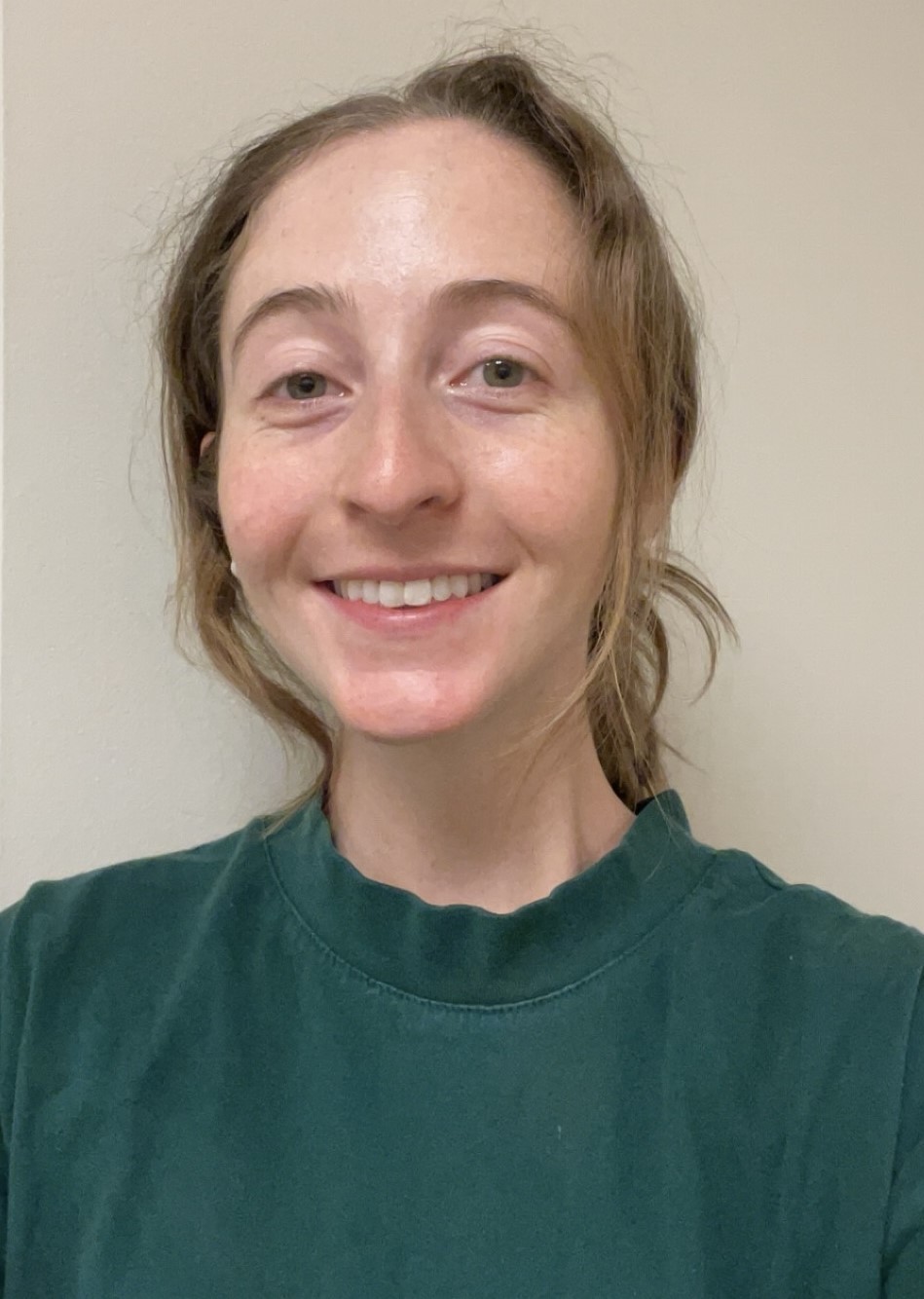
About
Emory Stem Cell and Organoids Core (ESCOC) brings a powerful new research platform in support of Emory investigators. This core’s focus and technical expertise will be not only to derive and characterize human induced pluripotent stem cells (iPSCs) from terminally differentiated somatic cells using non-integrating methods, but also to differentiate the iPSCs to various cell types. Some services include iPSC differentiation to 2D cardiomyocytes, microglia, NPC and neurons. In addition, we provide generation, maintenance and analysis of high-quality, reproducible 3D organoids (cerebral, lung). Future services aim to develop patient-derived organoids (intestinal, hepatic, kidney, tumor etc) that can be used for studying organ development, disease modelling and testing of novel treatments. In addition, new services focusing on gene editing in iPSCs will be provided. The core will train investigators with interest in human stem cells. IPSCs generated from patients with a genetic defect or from specific gene editing allows for a unique opportunity to study the mechanisms of disease in an in vitro model. Other applications for these cells include developing a reporter line, drug screening and discovery, and potentially regenerative therapies. The core plans to interface with other members of the Emory Integrated Core Facilities as a pipeline to analyze patient cells that will inform drug discovery and personalized medicine.
Who we are
Gary J. Bassell, Ph.D.
Scientific Director
Emory Stem Cell and Organoids Core
Gary J. Bassell, Ph.D. joined the faculty at Emory University School of Medicine in 2005, where he is currently Professor and Chair of the Department of Cell Biology. His personal lab’s main interest is in understanding the mechanisms and functions of mRNA transport and local protein synthesis in neurons of the central and peripheral nervous system. The lab utilizes in vitro and in vivo mouse models and induced pluripotent stem cells (iPSCs) to study the basic mechanism, regulation and function of mRNA localization and local translation in axonal growth cones and dendritic spines. Prior to moving Emory, Dr. Bassell was a member of the faculty at the Albert Einstein College of Medicine, in the Department of Anatomy and Structural Biology (1995-1998) and subsequently in the Department of Neuroscience and Rose Kennedy Center for Mental Retardation (1998-2005).

Adriana Harbuzariu, MD
Core Director
Emory Stem Cell and Organoids Core
Adriana Harbuzariu received her Medical Doctor degree at University of Medicine and Pharmacy in Iasi, Romania. She started her research work in United States at Mayo Clinic in Rochester, Minnesota, where she identified monocyte-predisposed hematopoietic progenitor cells in murine arterial wall. She continued her work in stem cells field at University of Pittsburgh, where she characterized the temporal response of CD34+ circulating progenitors following vascular injury in an ovine model. Other previous research includes investigation into the relationship between obesity-related adipokine leptin and expansion of pancreatic cancer stem cells. In the past 3 years, she was involved in global health at Morehouse School of Medicine in Dr. Jonathan K Stiles laboratory and used 3D brain organoid models to elucidate cerebral malaria pathogenesis that is a leading cause of children mortality in Sub-Saharan Africa. Moreover, she has extensively worked with commercially available and patient-derived induced pluripotent stem cells. She enjoys introducing students and scientists to the stem cell field and is looking forward to discussing new project ideas and the establishment of other models including organ-on-a-chip to investigators.
Email the ESCOC
ELISA M GOLLATZ, MS
Lead Research Specialist
Emory Stem Cell and Organoids Core
Elisa Gollatz is a biotechnology researcher with extensive experience in stem cell biology and neuroscience. She holds a bachelor's degree in Neuroscience from the University of Pittsburgh and a master's degree in biotechnology from Johns Hopkins University. Her research career spans several prestigious institutions, including work on intrauterine growth retardation and metabolic disease at the University of Pittsburgh, followed by industry experience at Human Genome Sciences. She further expanded her expertise through research on addiction mechanisms at the Mayo Clinic, and most recently at Emory University, where she investigated environmental impacts on neural development, with a particular focus on autism using iPSC-derived cortical organoids. Elisa Gollatz has developed expertise in stem cell culture, organoid genesis, molecular biology, and next-generation sequencing techniques. Her current research interests center on developing advanced differentiation protocols for iPSCs and organoids to create more accurate models for scientific discovery.

ANNA G GRIGGS, BS
Senior Research Specialist
Emory Stem Cell and Organoids Core
Anna Grace Griggs earned her BS in Microbiology from the University of Kansas. Since then, she has accumulated experience in proteomics, molecular biology, and cell culturing, gaining proficiency across various cell types. Her current focus lies in various tissue culturing methodologies, including reprogramming of somatic cells to induced pluripotent stem cells (iPSCs), differentiation of iPSC to various cell types and development of genetically engineered iPSC lines.
